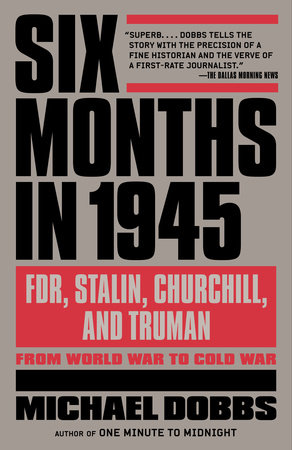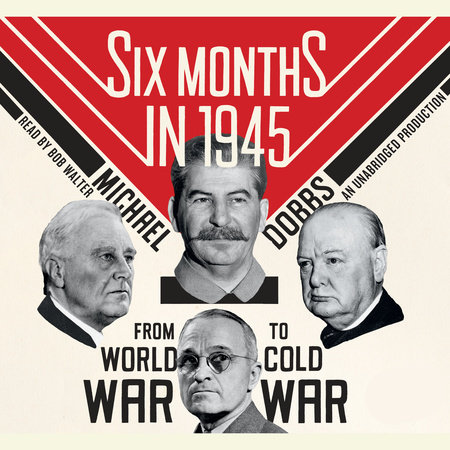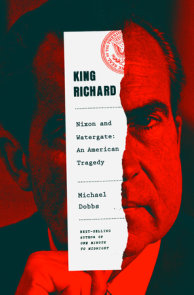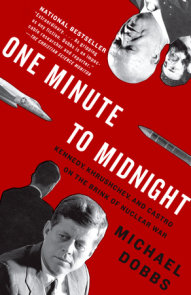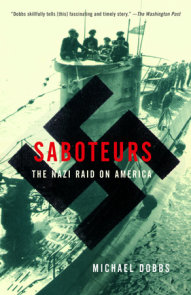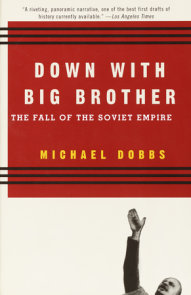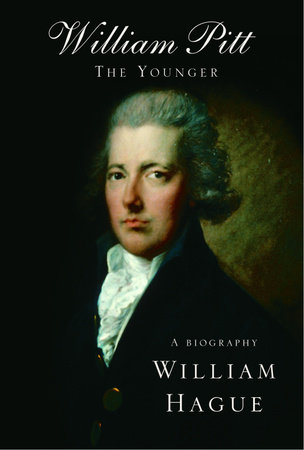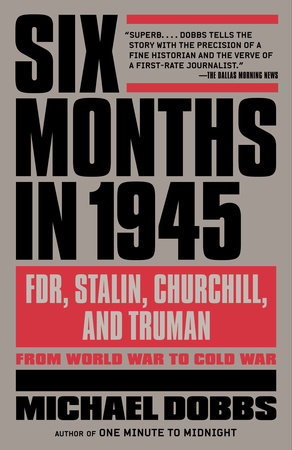

Six Months in 1945
By Michael Dobbs
By Michael Dobbs
By Michael Dobbs
By Michael Dobbs
By Michael Dobbs
Read by Bob Walter
By Michael Dobbs
Read by Bob Walter
Category: World War II Military History | European World History
Category: World War II Military History | European World History
Category: World War II Military History | European World History | Audiobooks

-
$17.95
Jul 02, 2013 | ISBN 9780307456670
-
Oct 16, 2012 | ISBN 9780307960894
-
Oct 16, 2012 | ISBN 9780449013762
997 Minutes
Buy the Audiobook Download:
YOU MAY ALSO LIKE
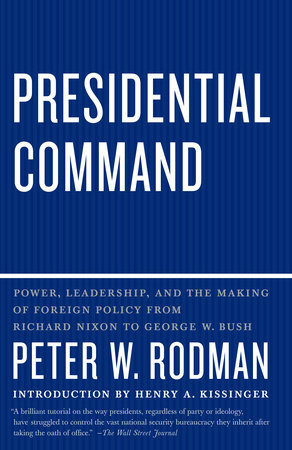
Presidential Command
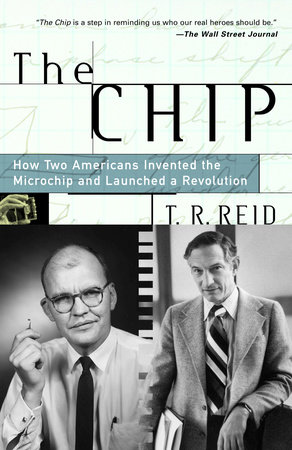
The Chip
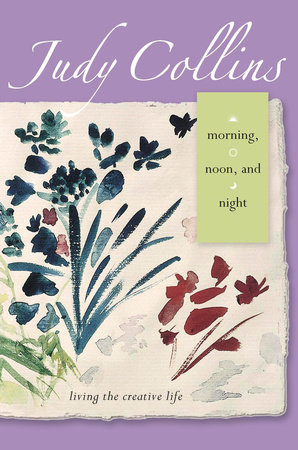
Morning, Noon, and Night
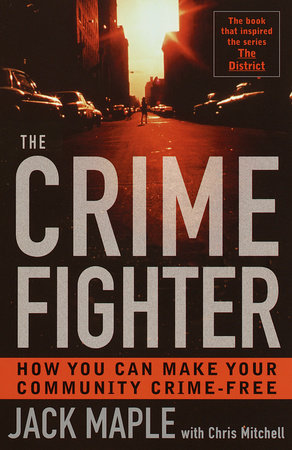
The Crime Fighter
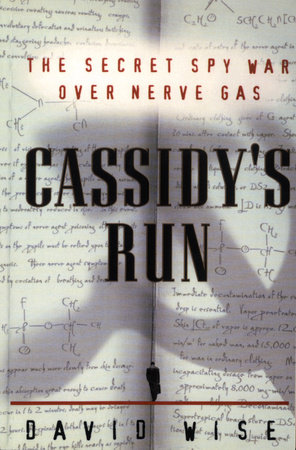
Cassidy’s Run
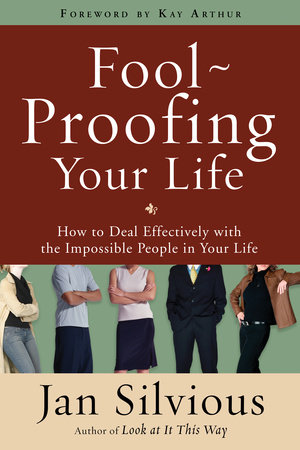
Foolproofing Your Life
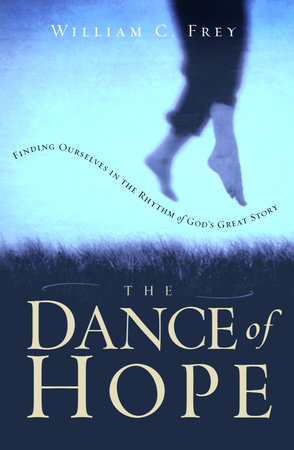
The Dance of Hope
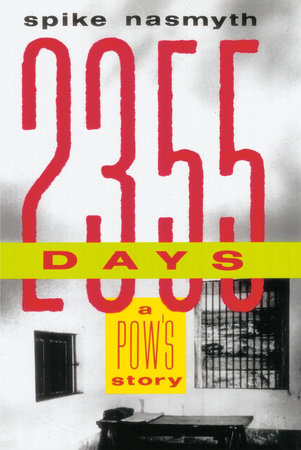
2,355 Days
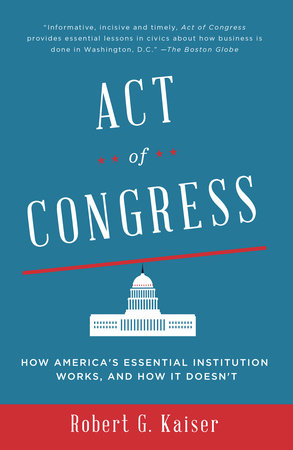
Act of Congress
Praise
Praise for Michael Dobbs’ Six Months in 1945
“Superb . . . Dobbs tells the story with the precision of a fine historian and the verve of a first-rate journalist.”
—The Dallas Morning News
“Elegant and convincing. . . . Dobbs’s description of the fledgling relationship between the two superpowers is unerringly fascinating.”
—The Washington Post
“[S]uperbly evocative . . . So vivid is the writing that you can practically feel the shuddering vibration and turbulence in what was then the state-of-the-art aircraft carrying Roosevelt on the first visit by an American president to the Soviet Union.”
—San Francisco Chronicle
“A gifted storyteller and thorough researcher with an eye for detail . . . tension and suspense aplenty.”
—Washington Times
“This extraordinary and well-documented account of a short period in history illustrates how just a few men in a closed room can influence history in a monumental and sometimes devastating way. Six Months in 1945 is an important book to read to better understand how such negotiations influence us for decades. It illustrates that events and decisions made on the world stage affect us all, without most of us being aware of the decisions.”
—Free Lance-Star
“Elegantly written . . . Dobbs delivers engaging portraits of the national leaders . . . . A confident and rewarding survey of a hinge point in 20th century history.”
—Kirkus Reviews
“Dobbs brings these ‘six months in 1945’ to life better than anyone before him. In brisk, engrossing chapters, he weaves between the Big Three decision-makers . . . and sketches their stratagems, illusions, strengths and weaknesses.”
—Military Book Club
“Dobbs is a gifted writer. His characterizations of powerful men are well judged and rounded, as are his evaluations of the fateful choices they faced.”
—Foreign Affairs
“Dobbs lends the subject an immediacy that will engage history readers. . . . a readily accessible presentation of the onset of the Cold War.”
—Booklist
“An astute narrative of the six months that changed the world.”
—Publishers Weekly
21 Books You’ve Been Meaning to Read
Just for joining you’ll get personalized recommendations on your dashboard daily and features only for members.
Find Out More Join Now Sign In






